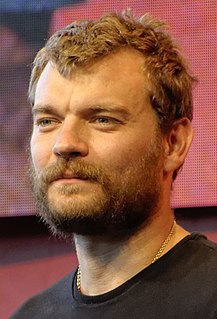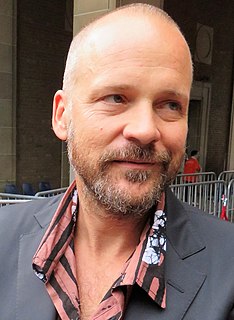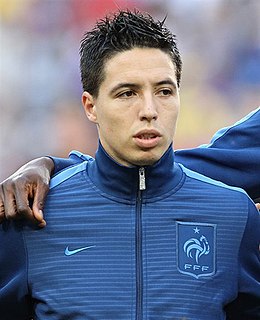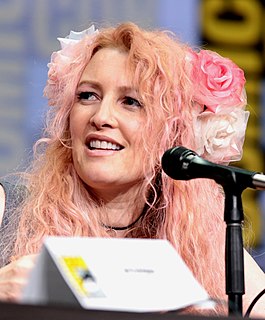A Quote by John Irving
The main character and the most important character are not always the same person - you have to know the difference.
Quote Topics
Related Quotes
I guess it's one thing to play a character and relate to a character, and it's a lot closer to me than people might think. They are obviously watching a person with another name. But when they are listening to my music, it's way more me and my story and my words . . . that is the main difference in that.
We build character in order for us to withstand the rigors of combat and resist the temptations to compromise our principles in peacetime. We must build character in peacetime because there is no time in war. Character is the most important quality you can find in any person, but especially in a soldier. It is the foundation that will get anybody through anything he may encounter. Reputation is what people think you are; character is what you are- that is the staying power.
When writers don't know what to do with a character, they build up the supporting cast and universe to kind of hide that fact. After a while, you can no longer see the character for the underbrush. When that happens, you need to bring out the weed-whacker to clear some of that away so you can focus on the main character.
In the biographical novel, there's only one person involved. I, the author, spend two to five years becoming the main character. I do that so by the time you get to the bottom of Page 2 or 3, you forget your name, where you live, your profession and the year it is. You become the main character of the book. You live the book.
This is what I would say to my pupil: 'You have become only your fame and left behind most of who you were. How are you going to deal with that? Will you lose that person forever? Have you become someone else without really knowing it? Do you always have to stay in character for people to like you? Do you know that you are in character?'.






































